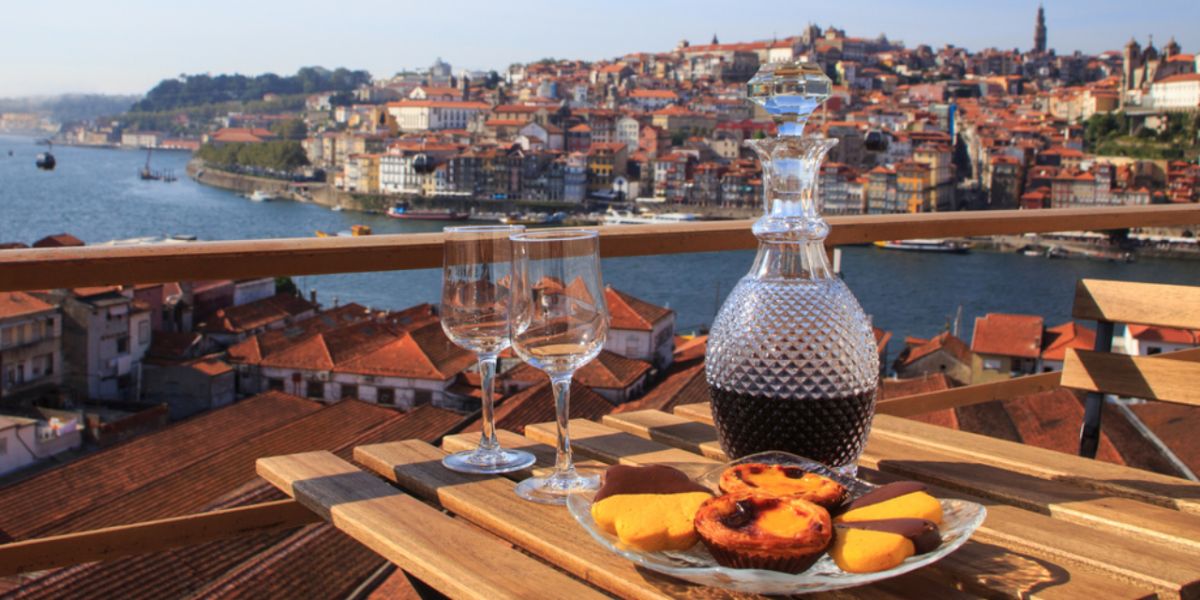
Moving to a new country means you will be discovering a new culture and exploring different habits, as well as a new lifestyle. You may find many familiar ways of life in Portugal, but there may also be some differences. Here's an introduction to the Portuguese way of life.
Punctuality and time in Portugal
Punctuality and time in Portugal may differ from your home country. It is not seen as impolite to arrive slightly later than scheduled, and get-togethers may initially be scheduled vaguely, such as 'in the afternoon', rather than by a specific time. However, if someone is running more than 30 minutes late for an event or meeting, it is respectful and expected to contact your host to let them know.
Time is generally kept via the 24-hour clock, so keep this in mind when scheduling meetings or appointments.
Portuguese culture
Understanding Portuguese culture will definitely help you fit in with your new country. Portuguese families love receiving guests, and when tourists visit their cities or villages, they love to learn more about them. This can be a great way to ask questions, meet new people, and gain an understanding of traditions in Portugal. Unfortunately, as it's happening all across Europe, right-wing populism has risen considerably over the past couple of years. As a result, Portuguese people started growing weary of immigrants and outsiders. This is especially relevant in smaller towns, and mostly targets people with a different ethnic background. Still, most Portuguese people remain hospitable towards foreigners.
When invited to someone's home, it is nice to bring a small gift such as wine, flowers, or something sweet. If you've been invited over for dinner, try to arrive on time, despite the relaxed attitudes towards time in the country. Dinner in Portugal is often served around 8-9 pm, and lunch is taken between 12 and 2 pm.
The Portuguese are famous for their open-mindedness. You will find them friendly and welcoming, and learning some of the local language will go a long way to help you relate to locals.
In fact, enrolling in a language class can be a great way to meet new people and simultaneously learn more about Portugal.
Good to know:
Unlike in neighboring Spain, Portugal does not generally have a siesta culture—this means business continues throughout the day.
Religion in Portugal
Religion used to be an important aspect of Portuguese culture and lifestyle, especially around special dates such as Christmas, Easter or Dia de Todos os Santos.
Historically, the country's religious history revolves around the Roman Catholic Church.
The church has been losing influence and relevancy compared to the past, and newer generations seem to be gently detaching while still maintaining certain practices during special festivities. Nonetheless, do not expect young people to go to church regularly, pray or live their lives according to strict religious beliefs. Nowadays, the catholic influence is more cultural than faith-based.
That being said, Portugal is accepting of all religions - in addition to Catholicism, you will also find those of the Islamic, Protestant and Jewish faiths practicing within Portugal, just to name a few. Recently, a bustling Sikh community has also started practicing in the country.
Family values in Portugal
As it happens with most Southern European countries, family is a very important concept for the Portuguese. Although politics have tainted what “family values” actually are, you'd be wrong to assume Portugal is a conservative nation. Progressive values are actually embraced in the country, and there's legislation that protects same-sex marriage and legalizes abortion.
While family is still seen as vital to social interactions within the country, people just don't necessarily believe in a single, traditional family model. Usually, children would stay close to home, even as adults, so they can help care for their parents and attend regular family gatherings, although this is not always the case in modern times. Families in Portugal can be quite large, and extended families enjoy coming together for special occasions.
Leisure activities in Portugal
Portuguese people are very social and enjoy a wide range of leisure activities. Sport is extremely popular in the country, both to play and to watch. Football is by far the most popular sport, but rugby, cycling, basketball, and tennis are also enjoyed by quite a few.
Dining out, traveling, attending concerts, shows, and the theatre are also enjoyed by many in Portugal.
We do our best to provide accurate and up to date information. However, if you have noticed any inaccuracies in this article, please let us know in the comments section below.








